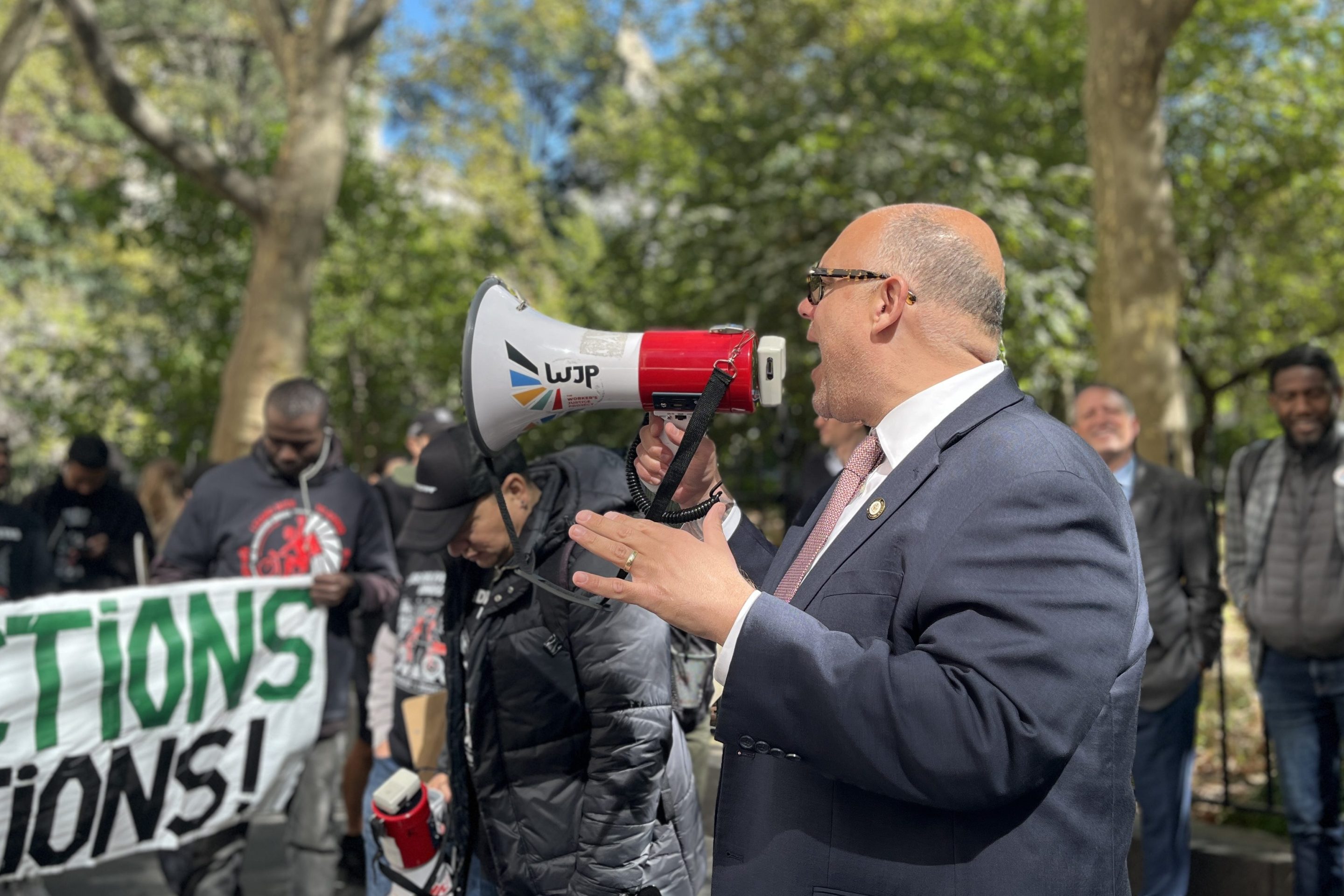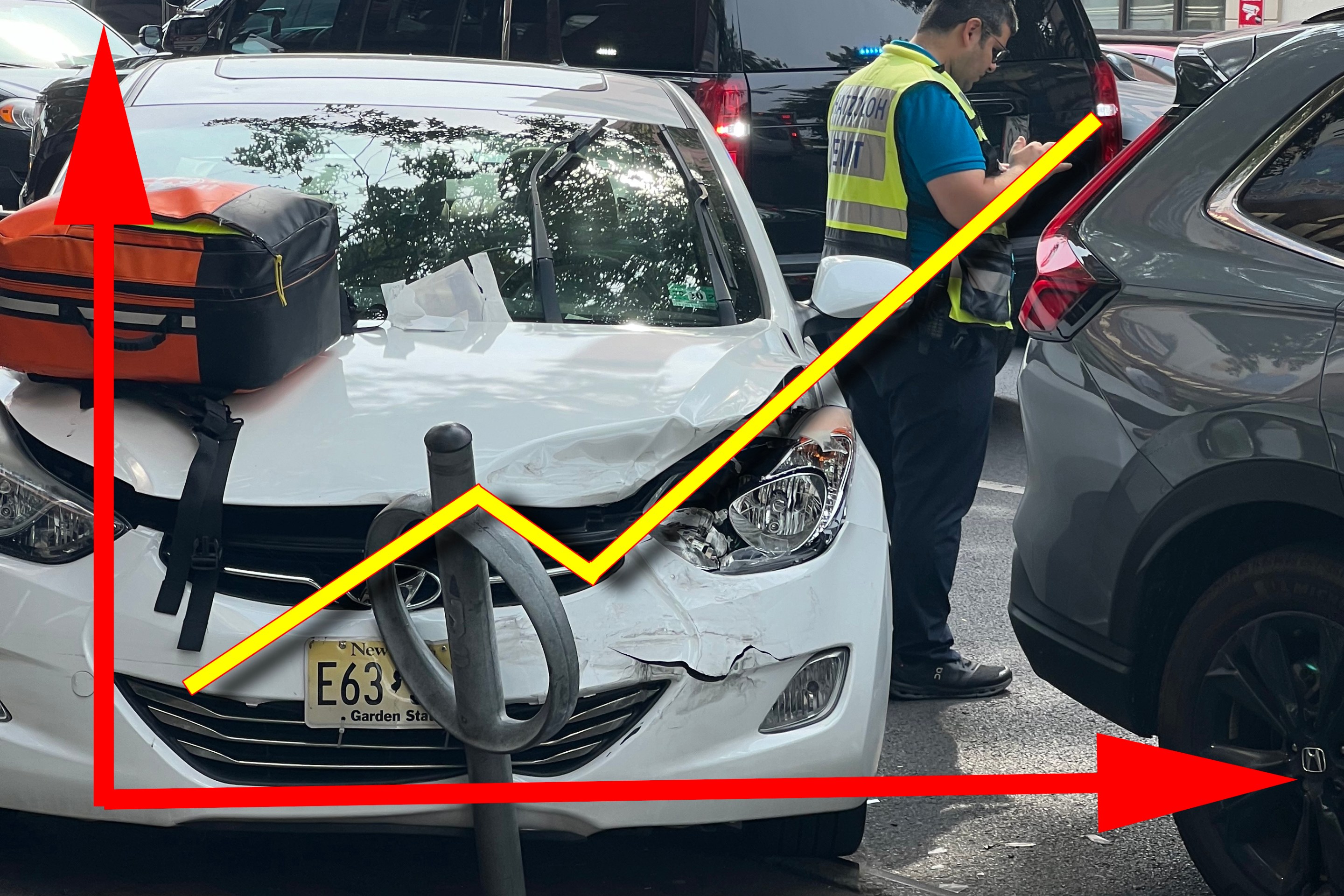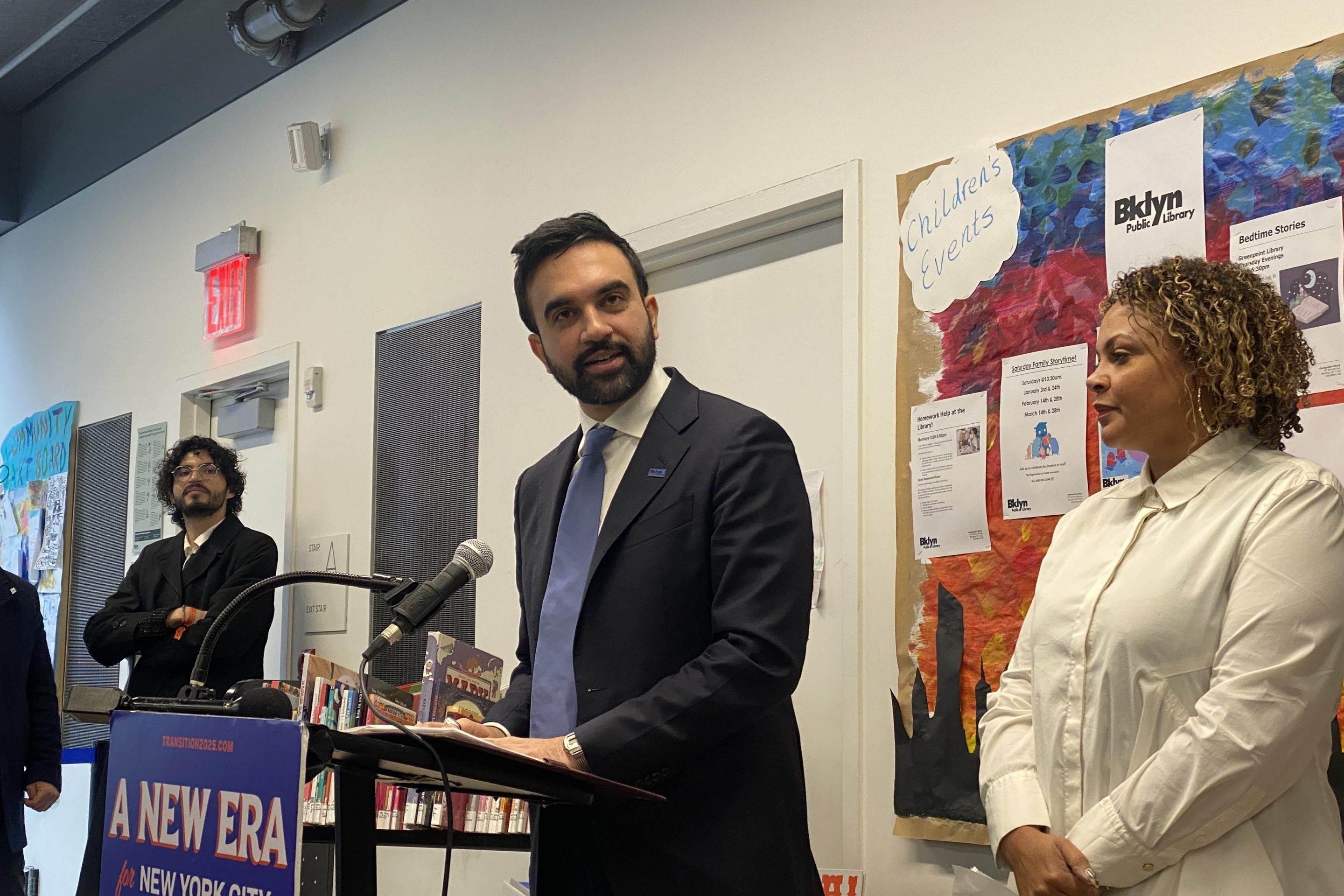All five New York City district attorneys were invited to Monday's City Council Vision Zero hearing, according to the office of transportation committee chair Ydanis Rodriguez. Yet Manhattan DA Cy Vance was the only one who participated.

Due to time constraints, Vance Chief Assistant DA Karen Friedman Agnifilo was not able to read all of her remarks [PDF], which included a number of substantive recommendations for city and state lawmakers, as well as NYPD. We've summarized those recommendations below, but first: There has been a lot of talk about how Vision Zero's success hinges in no small part on Mayor de Blasio's ability to sway Albany. While this is as true as it is troubling, the role of city DAs should not be overlooked.
Not only does Vision Zero depend on prosecutors to hold reckless motorists accountable, district attorneys can be powerful messengers, and their support could be key to the city's efforts to lower the speed limit, expand automated enforcement, and implement other initiatives that require action by the state legislature. If you're a New York City voter who cares about street safety, it wouldn't hurt to let your DA know you are taking note of his involvement, or lack thereof, in Vision Zero.
Here are Vance's recommendations, beginning with those that fall under the purview of the mayor, the City Council, and NYPD:
- Broaden NYPD investigations to include crashes that result in "serious physical injury." While NYPD announced a year ago that the department would no longer only investigate crashes where the victim was killed or "likely to die," the current "critical injury" standard still limits investigations to "a patient either receiving CPR, in respiratory arrest, or requiring and receiving life sustaining ventilator/circulatory support," as defined under FDNY guidelines. Serious physical injury, Agnifilo said, is injury "which creates a substantial risk of death, or which causes death or serious and protracted disfigurement, protracted impairment of health or protracted loss or impairment of the function of any bodily organ." If NYPD's Collision Investigation Squad "had the capacity to respond to all cases that would potentially result in either serious physical injury or death," she said, DAs "would be called to more crash scenes, allowing prosecutors to make appropriate charging decisions."
- Include DAs in TrafficStat. Advocates expect NYPD's traffic analysis program, based on CompStat, to play a role in Vision Zero. While DOT participates in weekly TrafficStat meetings, according to Agnifilo, city DAs have not previously been included. Agnifilo said that bridging this communication gap would help prosecutors build cases. "For instance," said Agnifilo, "unlike the NYPD Highway Patrol, most precincts in Manhattan do not regularly calibrate their preliminary breath testing instruments. As a result, we cannot seek to introduce the readings from these instruments at trial." This is what happened when NYPD botched the investigation into the death of Brooklyn pedestrian Clara Heyworth, and her killer was convicted only for unlicensed driving and driving without an insurance card. "Implementing procedures to make sure that these instruments are calibrated on a regular basis in each precinct would strengthen our criminal prosecutions," Agnifilo said.
- Include DAs on the Vision Zero task force. According to Agnifilo, no district attorneys were asked to help draft the Vision Zero Action Plan. "We are the only law enforcement agency that is missing from the discussion," she said. Agnifilo also invited members of the Vision Zero task force to attend quarterly meetings that are held by DOT, NYPD, and city prosecutors.
And here is what Vance's office says prosecutors need from Albany:
- More speed cameras. Vance was the sole New York City district attorney to issue a high-profile statement in support of NYC's fledgling speed cam program, which Agnifilo said "should be on the table for significant expansion."
- Eliminate "speedy trial" requirements for vehicular charges. According to Agnifilo, vehicular homicides are the only homicides for which state law sets a maximum of 180 days to investigate and prosecute. "As a point of fact, cases sometimes cannot be brought because we cannot complete a proper investigation in the statutory time frame," said Agnifilo. "Vehicular homicides should be held to the same standard as all homicides."
- Remove barriers to DWI evidence. In cases of death by impaired driving, state law often serves to protect perpetrators, rather than their victims. "At the scene of a crash, the only time blood can be drawn to determine intoxication is when there is a death or serious physical injury and there is probable cause to show that the driver was intoxicated or under the influence of drugs," said Agnifilo. "Only in those limited circumstances can prosecutors obtain a search warrant from a judge to compel a blood draw." Agnifilo said the state should make the collection of blood evidence mandatory when a motorist causes death or serious injury. "We need your help to persuade Albany to bring New York up to the level of many other states," she told council members.
There are other factoids from Vance's office that we'll get to in later posts.
With reporting by Stephen Miller





